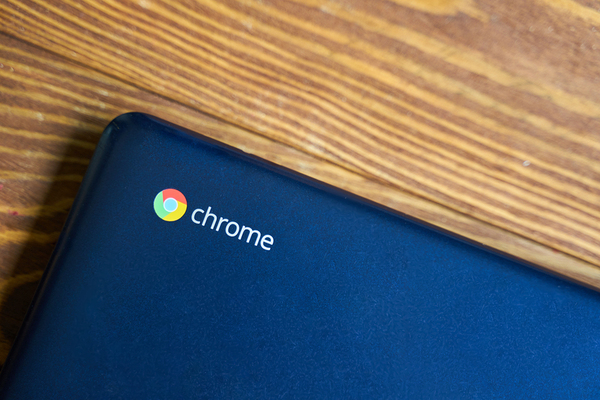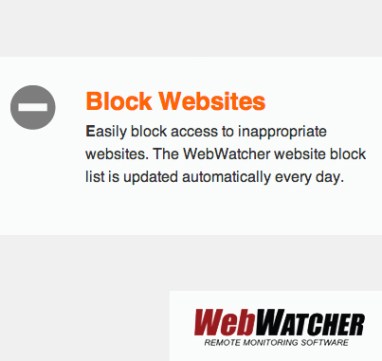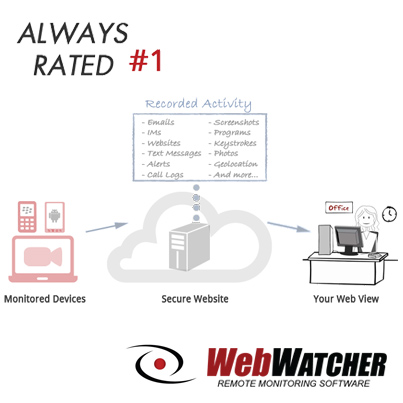Chromebooks have only gained in popularity in recent years. When the first Chromebooks appeared on the market nearly a decade ago, many predicted that they would flop in the marketplace. The initial concept of the Chromebook seemed to focus on stripping down the features that most other operating systems relied on, and that created an operating system with limited capacities that was frustrating for many early users.
But as the capabilities of the cloud expanded in tandem with the capabilities of Chromebooks, they’ve become much more desirable, to the point where they’re now outselling MacOS computers and comprise more than half of the mobile computing hardware purchased by educational institutions.
Because of their widespread use in educational settings and their low price points, Chromebooks are a popular choice of computer for children and teenagers. Kids whose first exposure to computers is in the classroom come home with an understanding of how to use Chromebooks because that’s what many of them use in class. The affordability of the Chromebook makes it an accessible option for parents who can’t afford to buy their child a more expensive OS. Chromebooks can be a more palatable option for parents who just don’t want to risk having to repair or replace a more expensive computer.
And because parents are often already familiar with many of the apps and services in the Google suite, they can more easily monitor and control their child’s usage with a Chromebook. But do parents need to install separate monitoring software for a Chromebook? Take a look at what you need to know about computer monitoring for Chromebooks.
Parental Controls That Come With Chromebooks
Like most operating systems, ChromeOS comes with its own set of tools for parents to use to monitor their children’s internet activity. And because the ChromeOS is so widely used by young people and in educational settings, Chromebooks predictably have a robust set of parental controls. By creating a child account that you can manage through Google’s family link, you can prevent children from browsing in private, manage which websites your child can visit, and block access to explicit sexual or violent content.
You can also prevent your child from using apps and extensions in Chrome and limit their ability to grant websites certain permissions. In order to use Chrome’s parental management tools, you may need to turn on Chrome Sync, which allows you to see the same information across all synced devices. However, while these tools are useful, they may not be enough.
Computer Monitoring for Chromebooks
By using third-party computer monitoring software, parents can go further to monitor and control their child’s online experience than they can with the tools provided by Chrome. For example, some parents might want the ability to receive alerts when their child searches for specific words or phrases, or receive screenshots of their child’s screen, which can provide context for whatever their child is doing or viewing online.
For these types of capabilities, Google’s parental management tools are not enough. Parents who are interested in more in-depth monitoring should look for software that not only provides the features they’re looking for, but that also can be easily installed on any Chromebook, requires no extra hardware, and allows for remote monitoring of computer activity.
It’s also important that the monitoring software is tamper-proof because it’s not unheard of for children and teens to intentionally disable or obfuscate monitoring software in order to prevent their parents from seeing things the child doesn’t want them to see.
Why Parental Monitoring Matters

If you’re considering a Chromebook for your child or teenager, you may be wondering why you need computer monitoring software. It’s important to understand that parental monitoring isn’t only, or even primarily, about “catching” your child in the act of doing something wrong. It’s about protecting them.
The internet is an incredibly useful tool, and it has enormous educational and social value. It’s also full of dangers and pitfalls. Some children and teens experience cyberbullying. Some are harassed or stalked. There are communities online where teens can be exposed to ideas and activities that are harmful. Children and teens don’t always have the judgment and discernment necessary to distinguish between good and bad information, so they can easily be misinformed – sometimes dangerously so.
Children and teens sometimes also need to be protected from themselves – it’s not unusual for them to overshare personal information, for example, which can put them at risk if the wrong person can see that information. Certain types of online activity can also reflect badly on your child later on, such as when a college recruiter or potential employer searches for their name online. It’s up to parents to prevent children from making these kinds of mistakes.
Monitoring your child’s computer usage doesn’t mean spying on them. In fact, you should absolutely tell your child that you’re going to be monitoring their activity – that alone may prompt them to make better choices and think before posting. But they also need to be aware that there are dangers out there, and that you have rules that you need them to follow for their own safety. And one of those rules is regular monitoring.
Talk to your teens about the various dangers that they might encounter online – you may not be able to catch everything, even with careful monitoring. For instance, when your teen uses devices other than their own, perhaps at a friend’s house, there’s no guarantee that you’ll know about it. So it’s important to make sure that your teen is informed and that you have ongoing conversations about appropriate behavior on the internet and things that your teen might encounter online.
Open communication combined with comprehensive monitoring provides the best pathway for protecting your child while they learn how to navigate the internet while they learn and grow. To find out more about monitoring for Chromebooks and other operating systems and devices, get our risk free trial.





